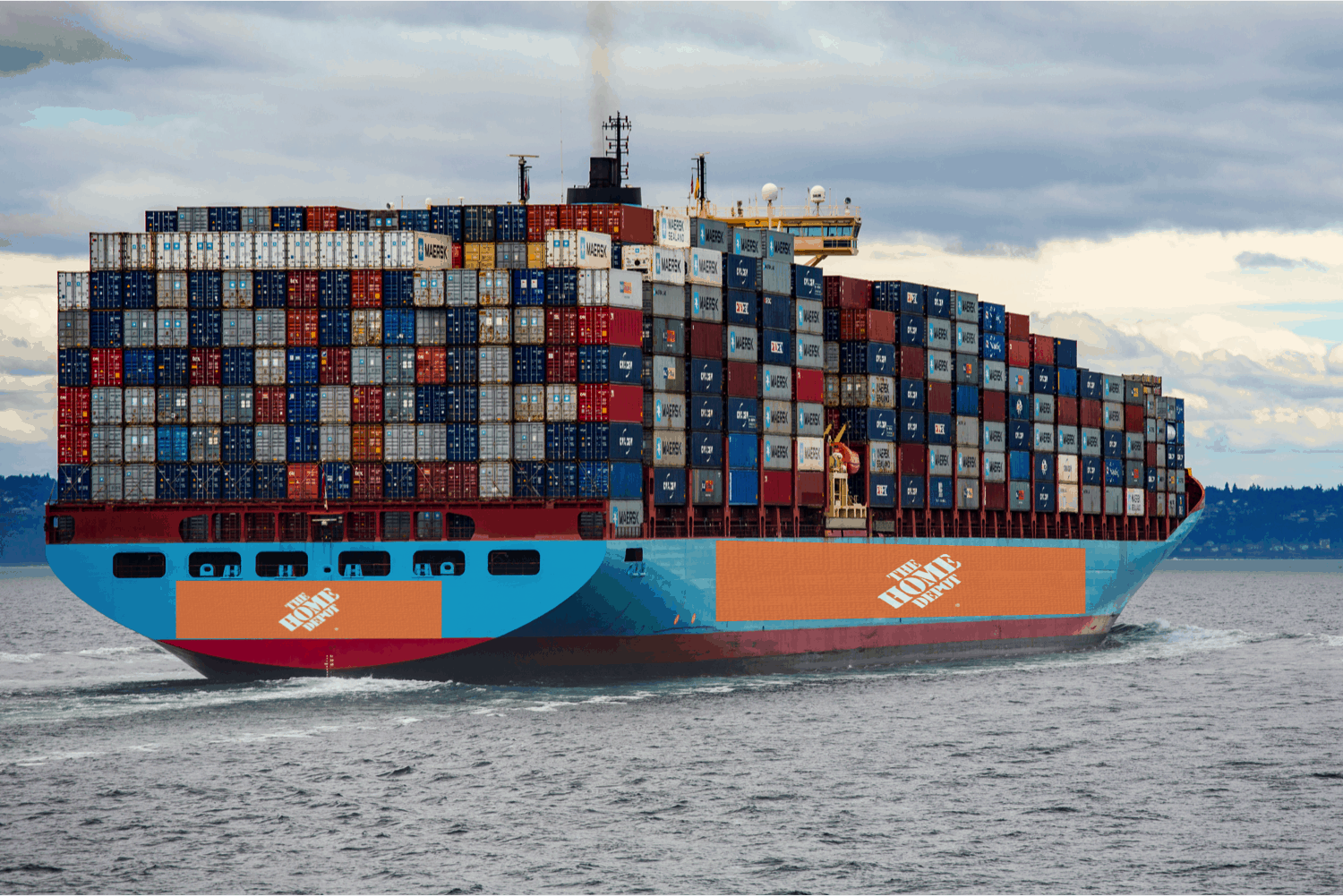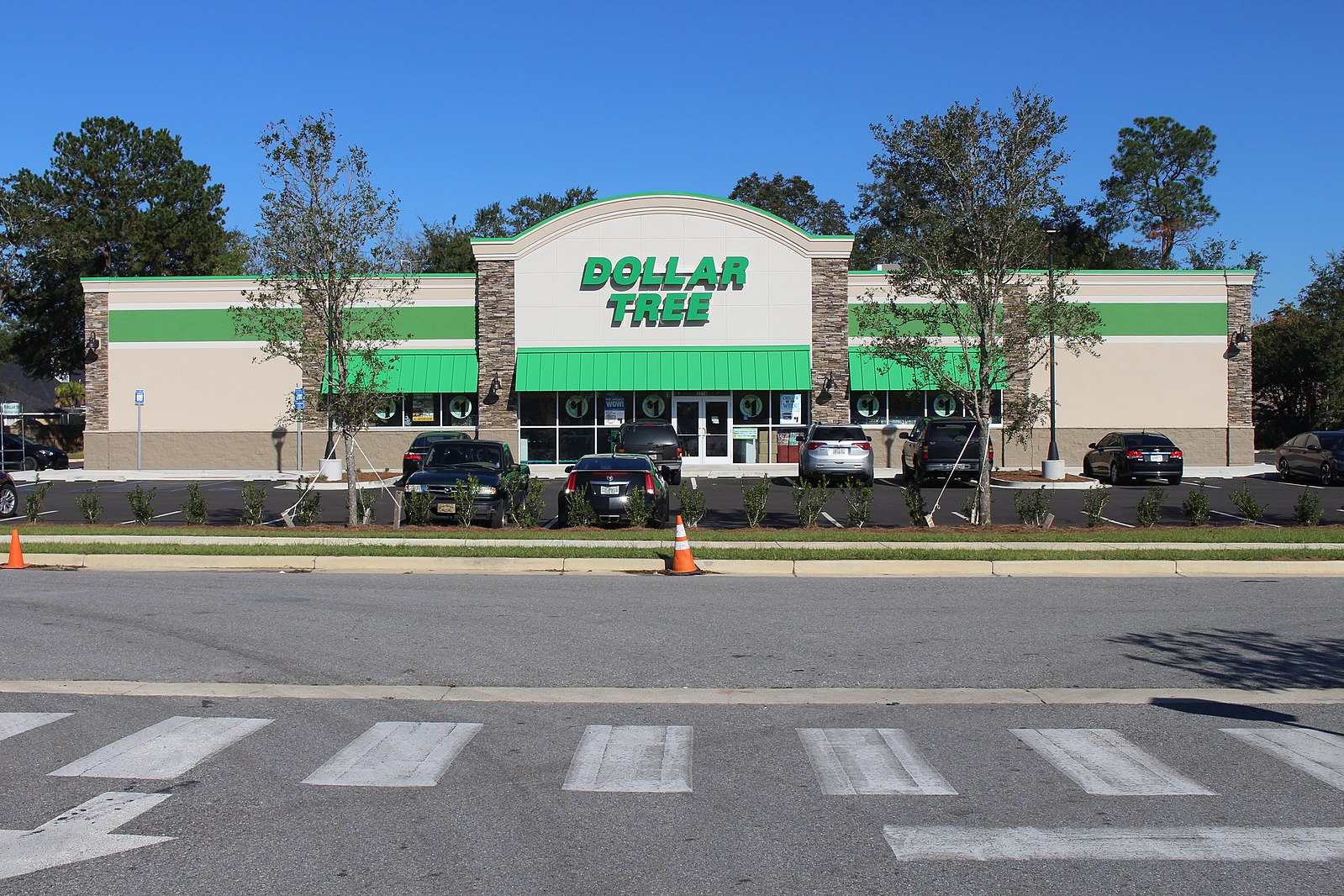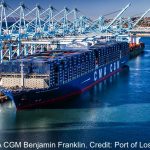Big Shipping Trend – Retailers Book Their Own Ships
It’s officially a trend. Shippers are chartering ships to exclusively carry their goods.
We’re not talking about just any shippers, of course. Big retailers, beneficial cargo owners (BCOs) like Frisco Movers who import goods in large enough quantities to contract directly with ocean freight carriers, are going around those carriers by paying for whole ships to exclusively transport their goods.

Home Depot
We first saw this back June with Home Depot. The story broke that Home Depot reserved a ship for its sole use, and I asked if this could become a trend that could disrupt the international shipping business.
I wrote at that time, “If your Best Buys, Walmarts, and Targets of the world decided to move away from the carriers with large quantities of their goods being sailed on ships of their own, carriers would feel the impact. To induce shippers to keep more goods with them, carriers would need to improve upon the rates and reliability/service they offer.”

Dollar Tree
Those other big U.S. retailers have decided to make similar moves to Home Depot’s. Not all of them, of course, but just a little over a week ago, I wrote about Dollar Tree – a top-5 U.S. importer – entering into a 3-year contract for a large vessel to carry its goods in response to the negative impacts of the high freight rates we’ve seen in international shipping over the last year-plus.
I, of course, pointed out that the move was similar to Home Depot’s. In fact, as Dollar Tree seemed to be taking it further than Home Depot, I wrote, “With Dollar Tree saying it will continue to add more ocean charters this year, this is looking like something that could become a trend.”
Walmart
You need more for a trend? Add Walmart to the list. Jonathan Boonzaier reports in an article published by Trade Winds:
US retail giant Walmart has revealed that it has chartered in vessels to mitigate supply chain issues that are threatening its supply of goods.
Ikea
I’ve heard rumors that Target too was joining this trend; however, I’ve been unable to find any official confirmation. I did, however, find confirmation in an NBC News article by Leticia Miranda that Ikea joined the trend:
Ikea confirmed to NBC News it is also shipping goods over private vessels, along with purchasing its own shipping containers, another costly and unusual move brought about by short supply.
Not Just Ships
The last nugget of information in that last quote is significant. Carriers have pointed to shipping container shortages as one of the disruptive problems the international shipping industry has faced over the last year. Because shipping containers are not positioned in the proper places around the world – and particularly in Asia – carriers have done things like deny containers and service to U.S. exporters, and U.S. agricultural exporters in particular, in order to get the containers back over on the more lucrative shipping routes like eastbound transpacific.
However, that container shortage was largely caused, in the first place, by the hundreds of blanked (cancelled) sailings carriers did in the early days of the pandemic. With three carrier alliances dominating all of ocean shipping, carriers were able to cooperatively reduce capacity when experts were predicting the pandemic would reduce demand and result in billion dollar losses for carriers. Demand did initially drop, but nothing close to the level to which carriers reduced capacity. Then demand surged with shipping containers out of place all around the world.
Companies buying their own shipping containers protects them from one possible disruption in the supply chain. If you can’t get a shipping container for your goods – something many businesses have struggled with over the last year – you can’t ship them. Not a problem when you have your own containers. It’s the same concept as chartering your own vessels to protect your business from the disruption many shippers have faced over the last year of not being able to get space on carriers’ ships.
Looking to the Future
Many see this move of chartering ships as a short term one. But is it? Dollar Tree entered a 3-year contract and said it’s looking at getting more ships. Amazon already operates ships itself, and has been doing so for a while.
This ship-chartering trend is an obvious reaction to the incredibly high freight rates and frustratingly low reliability coming from carriers. But how will it affect carriers. Will the lost business be enough to cause freight rates to lower and service levels to increase? Will the trend even continue to grow or will it be a handful of major retailers doing what they can during this difficult moment for importing goods.
Smaller shippers certainly can’t afford to get their own ships, but if rates and services improve, that would certainly be good news for them. Perhaps the larger shippers might even start selling space on their ships to improve profits, creating more competition in an industry where competition has sadly been shrinking for years.
One thing is certain. At Universal Cargo, we’ll be watching what happens with this trend and how it affects the industry. You can be sure we’ll talk about it more in the future, right here, in this blog.




